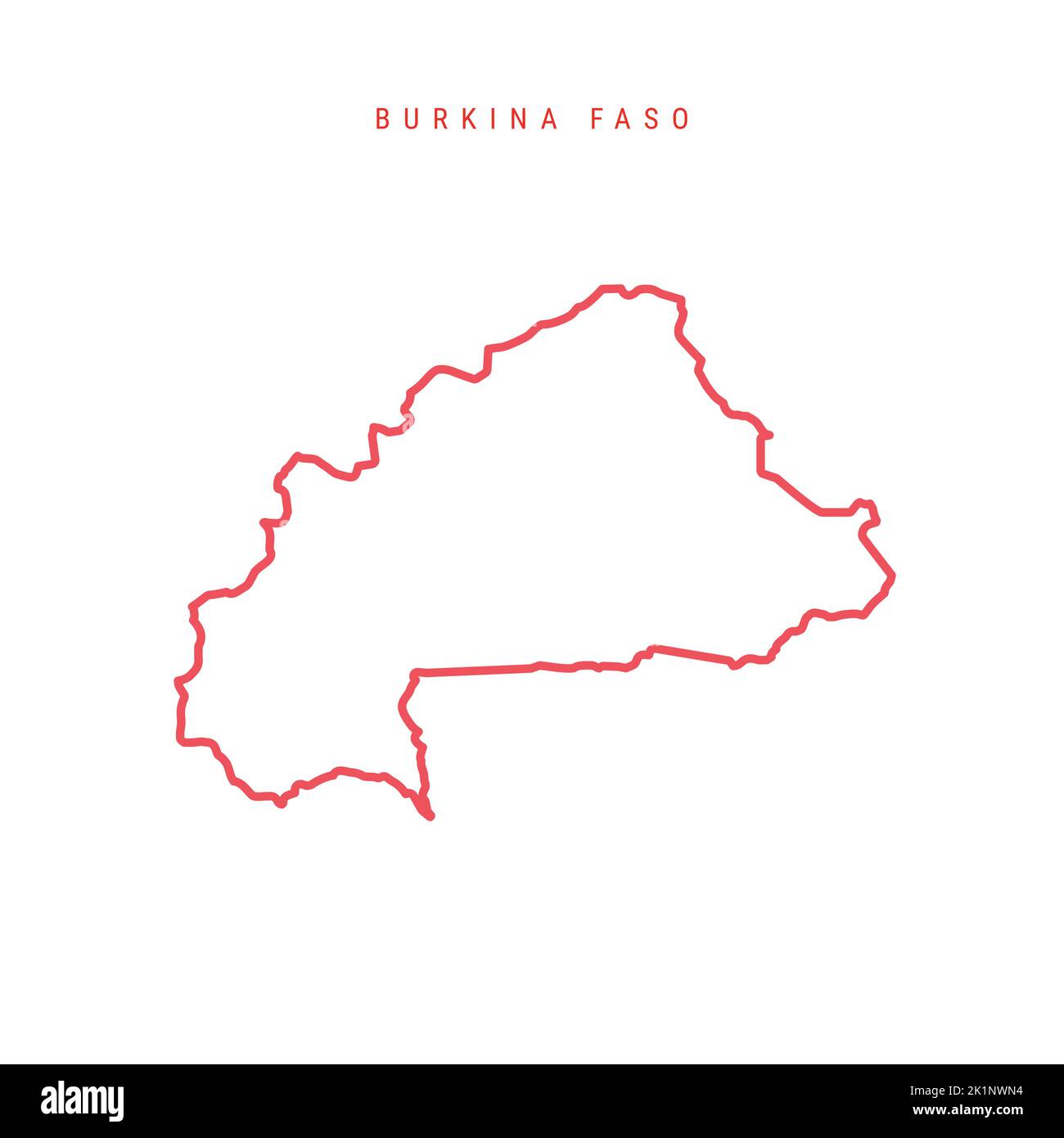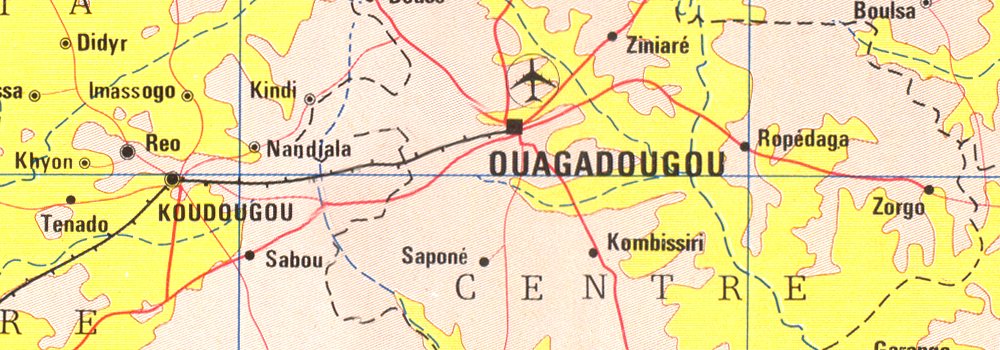


This dispute erupts into outright war in 1975-6 and again in 1985, but is amicably resolved in 1986. In the prevailing economic fashion of the 1990s President Compaoré privatizes many of the state industries and companies which were nationalized under earlier administrations.Įxternally Burkina Faso's main conflict is with neighbouring Mali in a long-running dispute over the narrow Agacher Strip, desirable to both nations because rich in minerals. In the 1997 elections the ODP-MT strengthens its position. The larger opposition parties boycott the presidential election held in that year, and do the same in elections to the national assembly in 1992.Ĭompaoré becomes president and his party, ODP-MT (Organization for Popular Democracy - Labour Movement) dominates the assembly - holding 78 of the 107 seats, the others being shared by no fewer than seventeen tiny opposition parties. The trio take power with Compaoré at their head.Ī new constitution is introduced in 1991. This utopian experiment comes to an abrupt end in 1987, when Sankara is killed by his deputy, Captain Blaise Compaoré, and two other leading members of the government. They become responsible for local schools, medical centres and agricultural cooperatives. Towns and villages are encouraged to set up Committees for the Defence of the Revolution. More practical than this impressive gesture is the programme to devolve power to local communities. In the spirit of the new name, Sankara opens his bank account to public scrutiny and orders all government officials to do the same. Burkina Faso means 'Land of Incorruptible People'. They attempt a grassroots reform of the nation's affairs, symptomatic of which is the change of the republic's name in 1984. The next leader of significance is Thomas Sankara, an army captain who seizes control with other radical officers in 1983. But each time the army steps in again after a few years. Lamizana tries on two occasions, in 19, to return the government to a civilian legislature.

The leader of the military coup, Lt-Col Sangoulé Lamizana, becomes the dominant figure in the nation's politics for the next twelve years. There is little public regret, therefore, when the army intervenes in 1966, placing the president under house arrest and taking control. The independent nation's first president, Maurice Yaméogo, is noted for his lavish lifestyle in an extremely poor country. In the years after independence in 1960, following the dissolution of French West Africa, Upper Volta goes through many abrupt changes - including five military coups (in 1966, 1980, 1982, 1983, 1987) and a change in the nation's name, in 1984, to Burkina Faso.


 0 kommentar(er)
0 kommentar(er)
